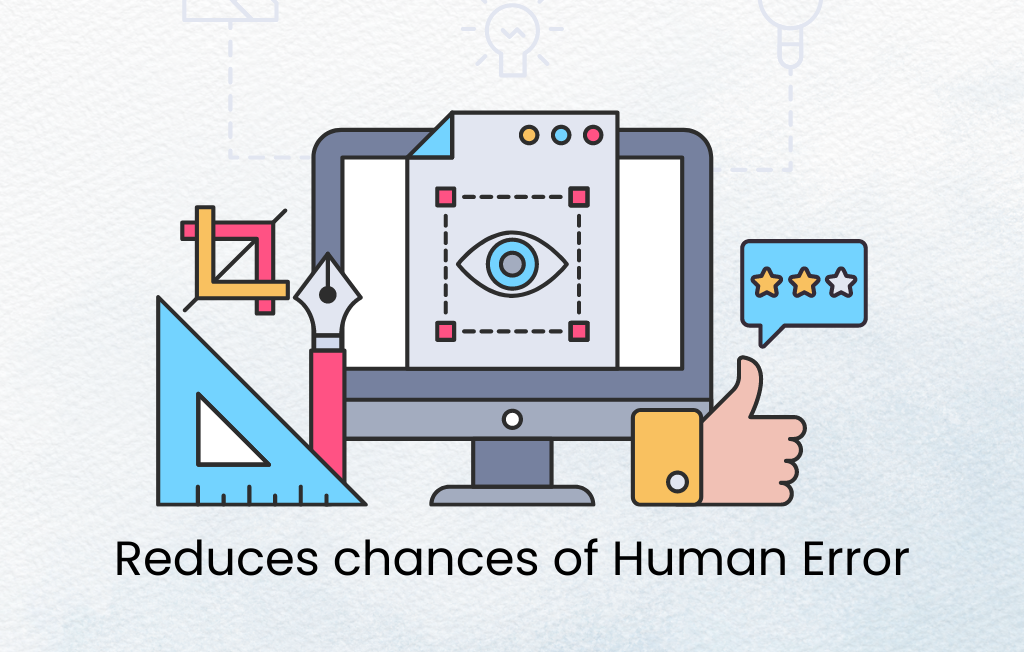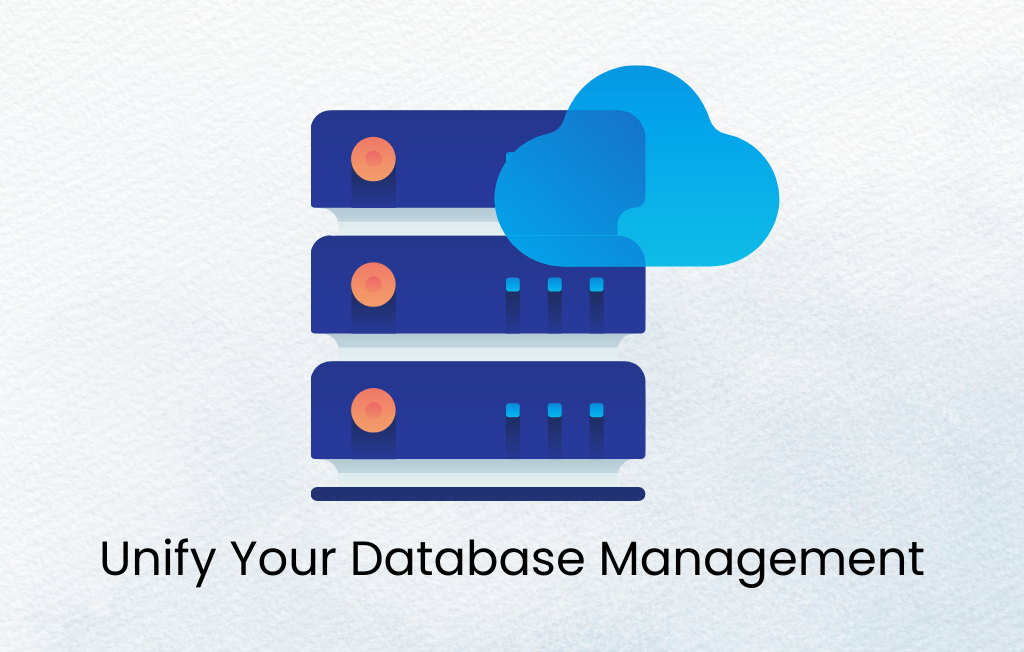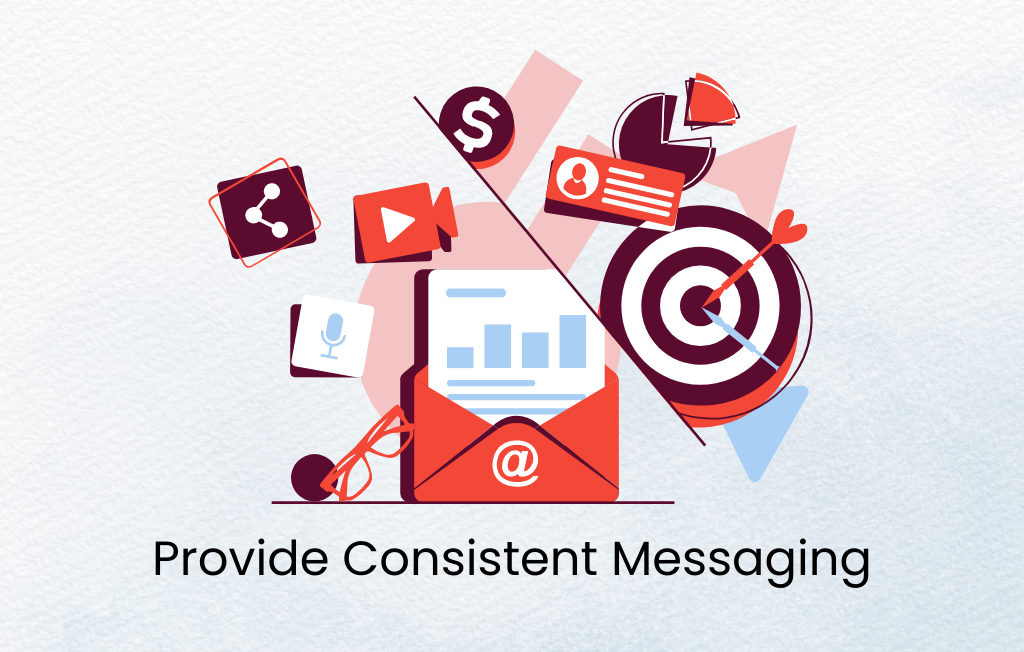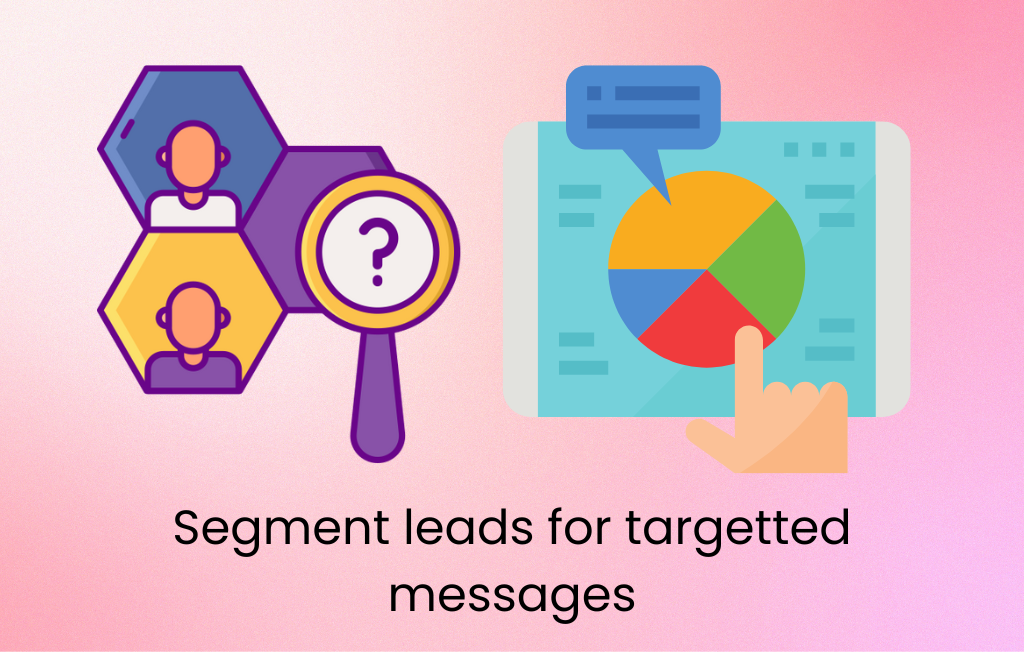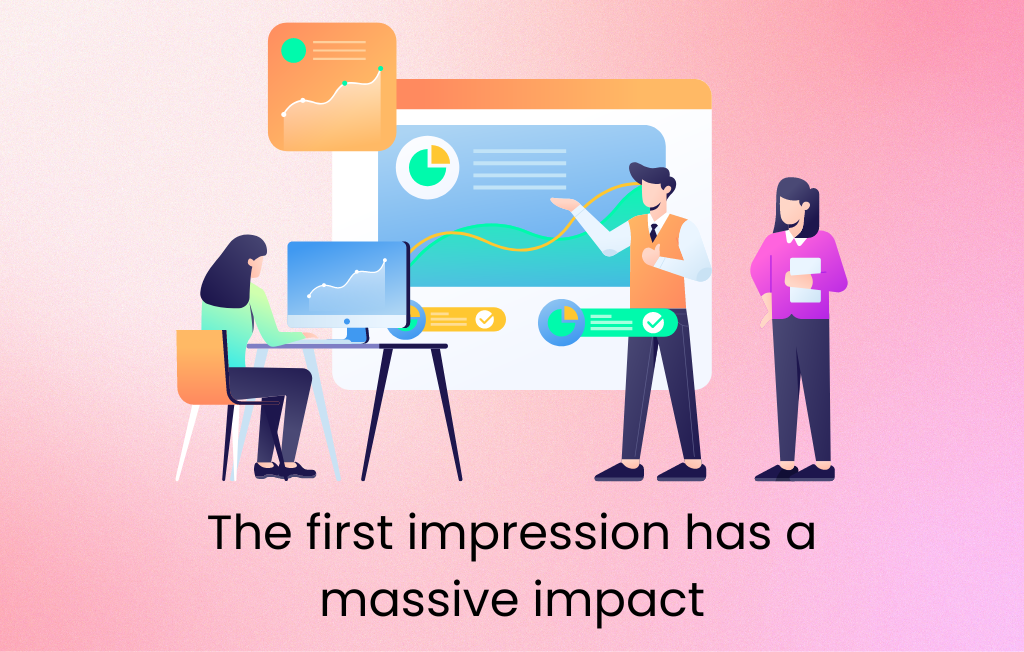A Customer Relationship Management (CRM) system is a competent tool for businesses for customer management throughout their lifecycle. For Small and Medium enterprises (SMEs), CRM is a dilemma – to use or not to use.
For large enterprises, it is a need, but SMEs are still figuring out if they need to adopt CRM. The slow penetration of CRM in SMEs can be attributed to a misconception about the product. The first misconception is that it is only for large companies, and the second is that it is an expensive tool for SMEs. These misconceptions and many more exist in the market. For these reasons, the CRM system is not used by SMEs. Today, we will discuss everything related to CRMs and how they boost business for SMEs.
What is CRM?
Customer Relationship Management (CRM) is a tool or technology system that manages business relationships with their customers and with potential customers. The goal of CRM is to ensure that businesses improve relationships with customers.
Once this is achieved, it helps increase the company’s revenue and the sales teams’ efficiency. Onboarding a new client has many steps, and if you don’t have a streamlined process in place and miss a process in between – it may not appear good later to get back to customers and tell them you missed something in between.
When you have a CRM system – it streamlines all the day-to-day processes within your company and allows you to implement a foolproof onboarding process for new clients. Also, it keeps customer satisfaction at its peak. Ensuring customers are happy has always been the top priority for organizations. It may make you believe that CRM has been for a long time. However, they are relatively new, and the best thing is CRMs are improving with every passing year.
Take a look at the below mentioned CRM industry trends for 2022:
- The digital marketing software with the quickest growth rate is CRM.
- By 2028, it is predicted that the CRM market would be worth $146 billion.
- The value of the CRM market is anticipated to increase by 13% each year between 2022 and 2030.
- Because their existing platform does not have the functionality they require, 66% of firms transfer to a new CRM.
- CRM solutions are used by 91% of companies with 10 or more employees.
- CRM solutions are used by 82% of businesses for process automation and sales reporting.
How does CRM work?
Before we discuss how CRM can help SMEs, it is crucial to understand how the tool works. To start with, it is essential to know that CRM can do many things. Therefore, once you plan to implement a CRM system within your company, you must find the features that would work best for your company and are specific to your sector (industry). Also, every company is different, when it comes to how it works with its customers. Therefore, you must consider that while selecting a CRM tool.
The first step is pretty generic – the CRM process starts by organizing customer information – such as their contact details, website, social media data, and everything else you can think of concerning your customer.
The advantage of using CRM is that it can store more personal data. For example, how your client wants to communicate – via phone or email. If required, CRM can also work with applications such as virtual document signing or survey apps and make the whole process smooth and easy for your customers and your business.
CRM tools can also generate insights that can help you understand your customer base comprehensively. Once you understand your customers better, you can better appeal to them and interact with them in your business transactions.
The latest CRM tools can even automate administrative tasks using artificial intelligence technology, which is a great feature to have for any company, including small and medium enterprises. An example of an administrative task that CRM can handle is data entry work. As an SME, if such tasks occupy your team for long hours, using CRM, employees can free up their time and focus on other crucial things that can help the business grow.
Why is CRM critical for SMEs?
As per the data available, only a small percentage of SMEs currently use CRM software. A recent study was conducted, and it was found that 34% of SMEs have no plan to use it in the future as well.
Most of these SMEs still rely on the old paper and pen method, and some have moved to MS Excel to track their customers. However, these methods impose some major issues which today’s businesses cannot afford:
- It can lead to incorrect customer data
- Tracking and follow-ups with customers can become difficult if the count is high
- Marketing may sound too time-consuming as everything is manual
The beauty of using CRM is that they help SMEs in every area of business. The business areas in which CRM can help include:
- Marketing: Every organization, including SMEs, needs to track their returns on marketing activities. CRM tools allow them to accurately measure the return on investment for each campaign. It eventually helps SMEs understand which activity should be continued.
- Sales: SMEs need to understand the sales life cycle to improve sales. CRM ensures the processes in place maximize all new business opportunities.
- Customer Service: CRM smooths the process for your company and leads to greater customer experience.
- Finance: One integral part of any business is cash flow management. CRM gives visibility to financial transactions, which offers visibility on the accounting transactions.
CRM Software is crucial for SMEs to Boost their Business
Now that you have a fair understanding of CRM, we can move to the important part – how CRM software can help SMEs to boost their business. Small and medium businesses have smaller teams and hence there is a need to focus more on optimization from a digital source. CRM tools help SMEs stay organized, raise revenue, stay functional, and contrary to popular belief, help save money.
SMEs are more agile than large businesses and can move quicker in any process. Therefore, they can implement and get started with CRMs faster and actualize their benefits at a high level.
Below are some ways CRM software can boost SMEs’ business:
Customer Relationship Management
The core functionality of CRM is to act as a customer relationship management tool. CRM software is only as good as its customer retention and customer satisfaction. It gives SMEs the ability to enable a customer relationship and help move people along a sales pipeline that helps with the sales process and importantly, build a relationship.
Both marketing and sales teams are of utmost importance for the growth of any business. However, these teams need information and ideas at their fingertips for higher sales conversion (or success rate). The CRM helps your team with exactly that – all the required information is available at your fingertips.
Increase efficiency
No one will argue that a computer works faster than an average human mind, and for this reason, you may want to have CRM software in your company. It allows you to automate certain tasks, and they can be done much faster. The available bandwidth from these tasks can be used to focus on something else. CRM can also provide you with information and insights with a few clicks – an employee may require an hour to access the same information without a CRM tool.
Automate Sales tasks
If you are an SME with core operations around sales, CRM can help you boost your business significantly. It can automate crucial sales tasks such as lead follow-ups, tracking sales appointments, and post-sales activities. You can track all the sales and marketing activities in one place. It also provides you with an alert when you are required to pay attention to a hot lead.
Integration with other software
CRM is not only about sales, but it can easily integrate with other business management solutions such as project management, data processing software, web services, and accounting. It gives you a more holistic and complete view as you can match your customer information with all other business processes.
You can also do integration with email and social media, which makes it super easy for you to manage, prioritize and respond to customer email and social media notifications on a real-time basis. With this, you can convert more leads from email by turning your email into a conversion funnel. In short, it helps you better manage your email campaign.
Insights into sales performance
To increase your sales, you need to understand where you are going wrong or can improve in the current process. CRM software analyzes your present sales performance and works as an opportunity management tool. CRM tools using technology like Artificial Intelligence can determine the scope of future revenue and scrutinize if the current sales process requires more focus.
The insights can help you understand if your team needs further sales training to deliver better results. On top of all this, CRM software helps you diagnose potential service and support issues to make your business more proactive to customer problems.
Upselling opportunities
Getting a new customer is a long and costly process. If you have an existing customer base, why not do most of it by upselling? A CRM can help you in this respect also and boost your business. Upselling is a technique where you can add additional services or products to the original purchase.
Based on all the past interactions that a particular customer has had with the company and analyzing that information intelligently, a sales team can conclude what can be offered to the customer that he is more likely to buy. CRM helps you in this entire process.
Reports
The CRM software can organize information into reports which lack human errors and biases. Sales reporting can be difficult when done manually. Analytics requires attention to detail which is a time-consuming process. With CRM, sales reports can be generated in no time and can be customized as per requirement. For example, a sales performance report tells you how well your sales team is doing in terms of closing target deal numbers and gives you an estimate of the actual and expected value of deals in the sales pipeline.
Team collaboration becomes easy
CRM software keeps all the information centralized and helps your team members centrally track sales probabilities and pipelines. Users can easily access and edit the data shared with them about every customer touchpoint. You can better manage product supply by clearly analyzing the impact of marketing campaigns. Once you have CRM software in your company, it ensures every team member is on the same page – anyone can add notes, mark actions and act on problems.
Grievance Resolution
As mentioned above, getting a new customer is not easy and also costly. Hence, you must do everything to ensure you don’t lose a customer. One of the main reasons you lose a customer is that there is an unresolved grievance that they have either due to bad quality products, poor service, later delivery, bad management, etc. Without a CRM system, it could be quite impossible for you to keep track of all the customers’ complaints. Since CRM generates a unique id for each customer, tracking everything related to them is easy.
Does your business need CRM?
You now know how CRM can help you boost your business. However, if you are still in doubt about whether it is useful for your business or not, let us try and help you. To get the answer to this question, you need to answer the below question for yourself:
- Do you find it difficult to track customer-related documents?
- Do you track leads from different sources in one place?
- Do you miss giving enough priority to hot leads?
- Do you feel you are unable to track campaign results effectively?
- Are your customers from diverse backgrounds?
If the answer to the above problems is YES, then you need CRM software for your business, whether you are a small or medium business.
Conclusion
There are endless benefits that CRM software can bring to SMEs. If you want to expand your business or improve the existing process in your company, you need to consider investing in CRM soon. As mentioned at the start, CRM is a flexible tool and has a lot to offer – therefore customize the tools as per your requirement. If required, you can hire dedicated developer to develop a CRM for your business.

